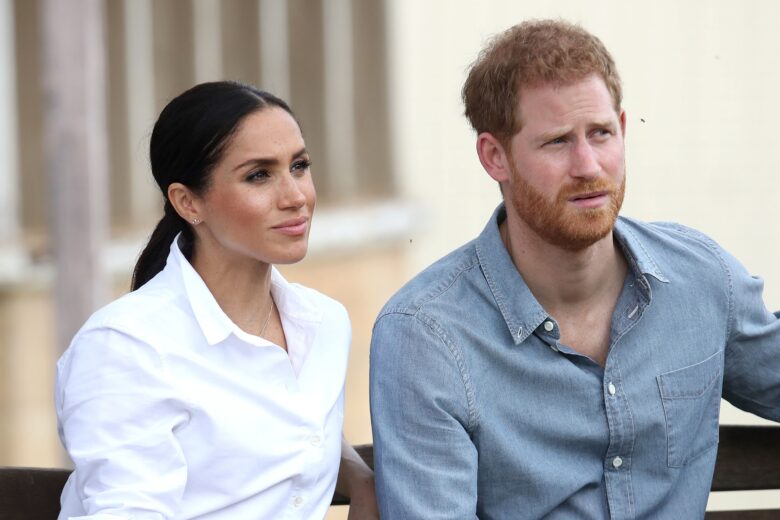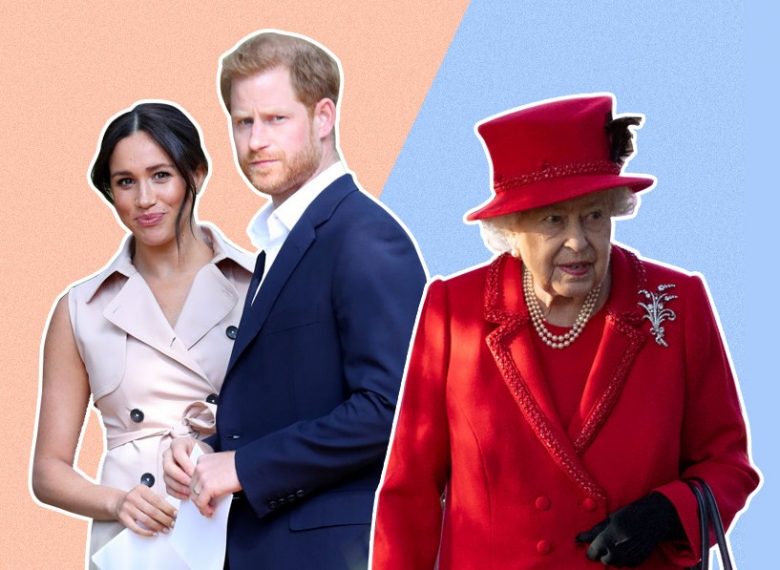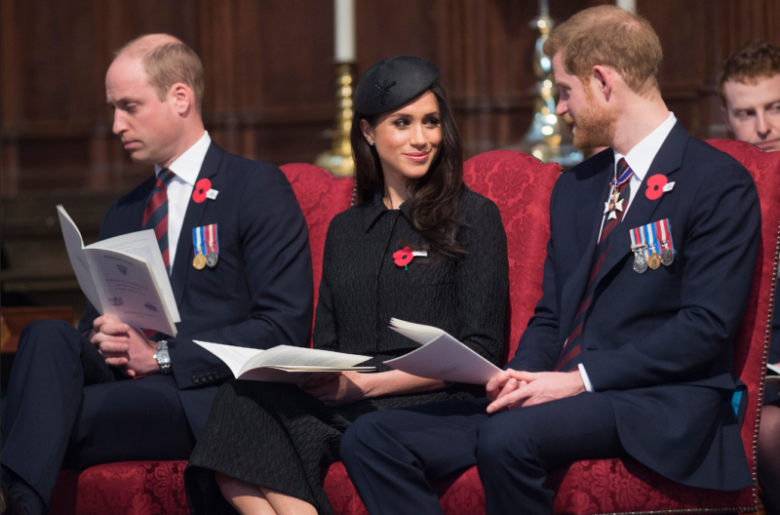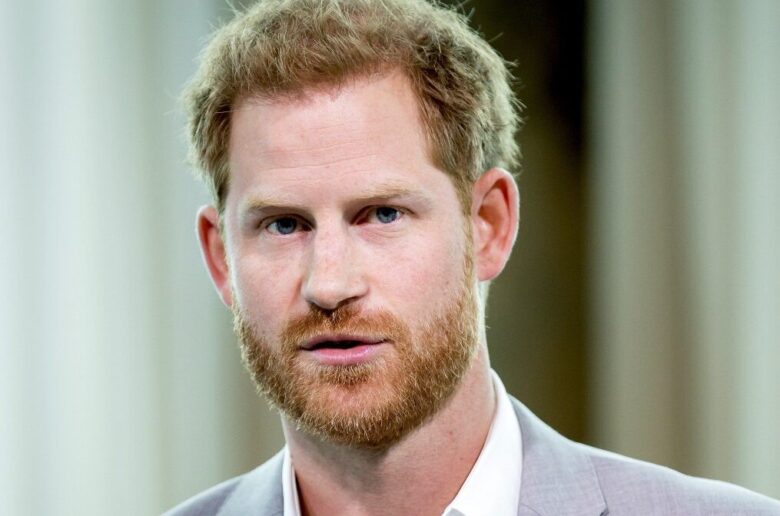No more Megxit. It’s Sussexit. Seriously, it’s not a joke or a tongue twister, but a new term referring to the withdrawal of Meghan and Harry from their royal responsibilities.
BBC filmed the controversial, two-part series about the (in)famous departure of the royal seniors, the Duke and Duchess of Sussex, from their duties. The first part used the phrase Megxit generously, a term that was given by media and stuck with the royal couple, until Prince Harry upsettingly stated that he and his wife consider it to be sexist. So, what’s hiding behind this abrupt reaction about the Megxit phrase?

The term has been in use since January 8th, 2024 when the former royal couple announced to the world that they’re stepping from their royal commitments. Tabloids launched the story calling it Megxit, and the public wholeheartedly accepted the phrase. But, Prince Harry and Meghan Markle didn’t find it so amusing.
“Maybe people know this and maybe they don’t, but the term Megxit was or is a misogynistic term, and it was created by a troll, amplified by royal correspondents, and it grew and grew and grew into mainstream media. But it began with a troll,” Prince Harry said while speaking on a panel called the Internet Lie Machine, organized by Wired.

Troll or no troll, the expression took a life on its own. The Duke and Duchess moved as far away as they could from Buckingham Palace, but their actions continued to follow them regardless. Megxit became a comprehensive term for everything that happened during and after Meghan and Harry’s leaving the royal court.
BBC, in an attempt to nurture a close association with the royal family and stand correct towards the runaway royals, changed the title of the second part of their series from Megxit to Sussexit. The first part focused on the relationship between Prince Harry and Prince William in relation to media. The obvious rift between the two brothers was researched in-depth in the second part that is still to air. While the Duke and Duchess of Cambridge stayed silent amid the tabloids’ speculations, the Sussex’s went into a full-blown offensive attack, suing every British newspaper that reported about their affairs incorrectly or damagingly to their public image.

Buckingham Palace, Clarence House, and Kensington Palace were displeased with the series, to say the least. “A free, responsible, and open press is of vital importance to a healthy democracy,” the statement read. “However, too often it is overblown and unfounded claims from unnamed sources that are presented as facts and it is disappointing when anyone, including the BBC, gives them credibility”, read the issued statement threatening to ignore the future BBC’s shows.
However, an insider source claims something very different from what the official report stated. “It’s almost a masterclass in how not to do PR. All they have managed to do is bolster the viewing figures”, the royal source said. “And as for threatening the BBC saying the Palace will no longer co-operate, it’s completely over the top. The Palace can’t control the narrative of every documentary about the royals on the BBC. As for not being given a right to reply, of course, they were given that right”.

